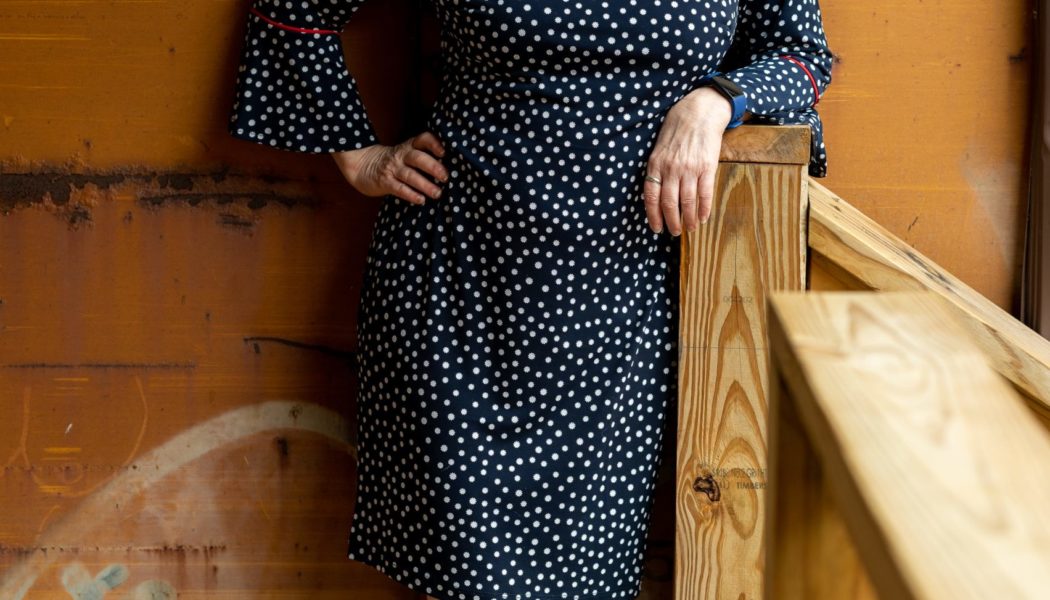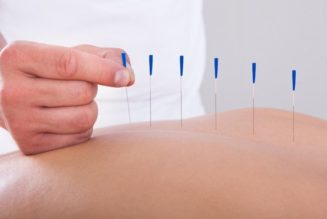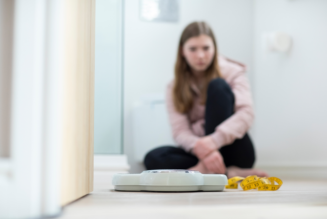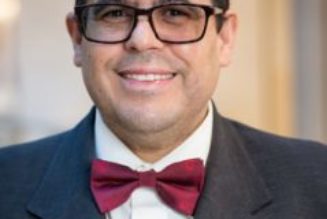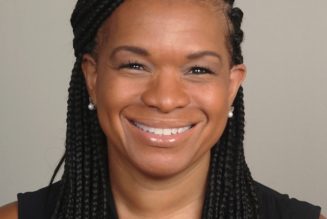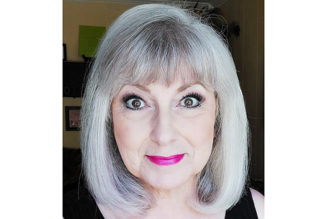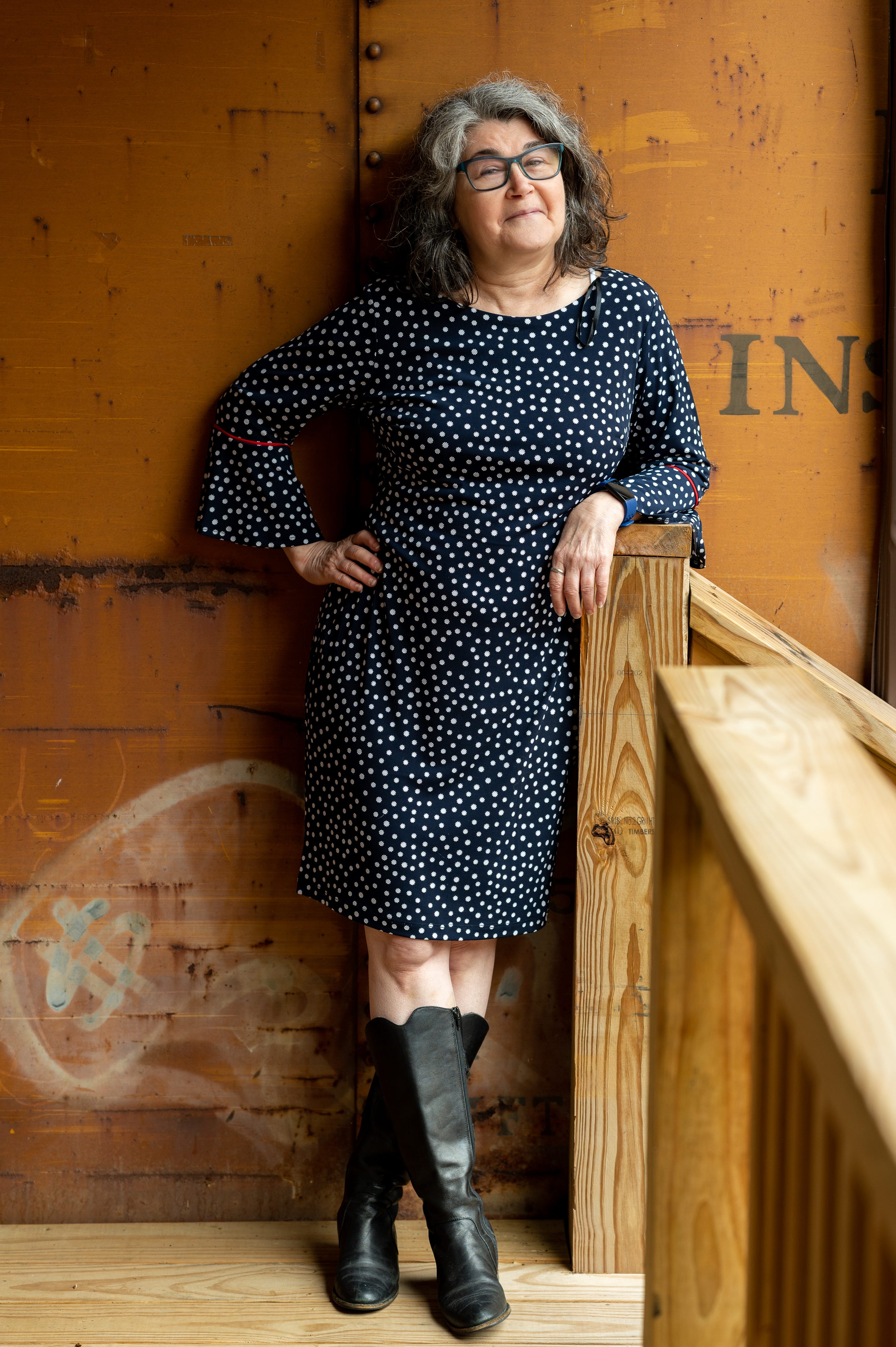
“Take care of you” is the theme of this issue’s Healthy Living pages, and it is something we probably always put on the back burner, especially when confronting our mental health.
It can be difficult to have that conversation, however, because of the stigma associated with people facing emotional challenges.
I’d like to de-stigmatize mental health, and I’d like to normalize having conversations about it.
Genetics play a great deal into our mental health; we are pre-loaded genetically with a propensity for various conditions and diseases. My family has a history of alcoholism, and because I’d had to deal with it early in my life, I was aware of the cause and effects and decided I would need to take special care to avoid overindulging.
When you are not responsible for your genetic makeup – and you cannot change it – why should you feel “less than” when you are having issues dealing with your feelings and your life? Why should we make people feel bad for taking medicine that can help them, that can balance their brain chemistry?
While in my last year of college, I faced some personal challenges. My parents were separating – which was not necessarily a bad thing – and my first love ended our relationship. I was not equipped to handle these overwhelming feelings and stress, and I started having panic attacks. I remember one day in Spanish class, my wonderful Professor Twomey asking me if I was all right when I started having an attack and had to flee class. He was so understanding and calm, and I loved that he didn’t act like I was completely mad.
At this time, exercise helped me greatly to normalize the rhythm of my breathing and help control the attacks. Sometimes I would head to the ladies’ room, drop down to the floor, and do sit ups. It helped to control my breathing and get me grounded. Once I graduated college, the attacks subsided, and the anxiety was still there, but manageable.
As I aged and was diagnosed with a variety of auto-immune diseases (celiac disease, asthma, eczema, arthritis and, most recently, fibromyalgia), it became more challenging to control my anxiety. Most of my family had been taking medication for either depression or anxiety for decades, and I was reluctant to do so – partly because of the stigma, partly because it seemed to me like I was giving up and condemning myself to a life of medication.
But fibromyalgia is a disease that amplifies anxiety, and I was having more difficulty that I care to admit. I finally spoke with my primary care physician after the death of my mother, when my emotions were overflowing and affecting my daily life. We started with an extremely low dose of anti-anxiety medication since my body chemistry is extremely sensitive to medication. It was clear that the medication was making a positive difference in my life. My doctor said that it seemed like I had “regained my spark.”
I was still hesitant to reveal to my family that I had started to take medication. I felt like I was giving up, giving in to the anxiety. I would store my pill bottle with the label facing backwards, so no one would see my “crazy medication.”
My doctor and my brother – a pediatric child development nurse practitioner – also recommended speaking with a therapist after the death of my mother. I’d had a bad experience with counseling while in college, and though services would be covered through my employee health insurance, I didn’t know if I could afford the copay.
Fortunately, I found a counseling center that offered a sliding scale and had some limited funding to help people. I originally met with the counselor in person, so I could get a good feel for whether we would be a good fit. She also offered online sessions, so if I was extremely busy and unable to take the drive, we could still meet.
My counselor and I have a great relationship. I feel like I can speak my truth and share my feelings with her without judgment. She asks questions and helps me see things from different perspectives. I’m forever grateful for her help.
Since I’ve been meeting with a counselor and taking my medication, I feel like I’m more myself than I’ve been in years. I’ve regained my love of sewing, my enjoyment of life, my sense of perspective and inner peace. I still have anxiety at times, but it’s much more manageable and doesn’t rule my life.
So I ask myself – and you – why have we been so judgmental of people with mental health issues? Isn’t mental health like being dealt a hand of cards? You can’t control what you get, but you can do something with it. If someone has multiple sclerosis, would you judge them for it and deem them less than someone healthier? I would hope not.
Instead of avoiding the topic of mental health, I have been sharing my experiences with others who are struggling and looking for a solution. I feel stronger now that I have confronted my feelings and issues.
Let’s normalize having conversations about mental health. Let’s lift each other up, not look down on each other. Let’s spread support and acceptance instead of judgment.
